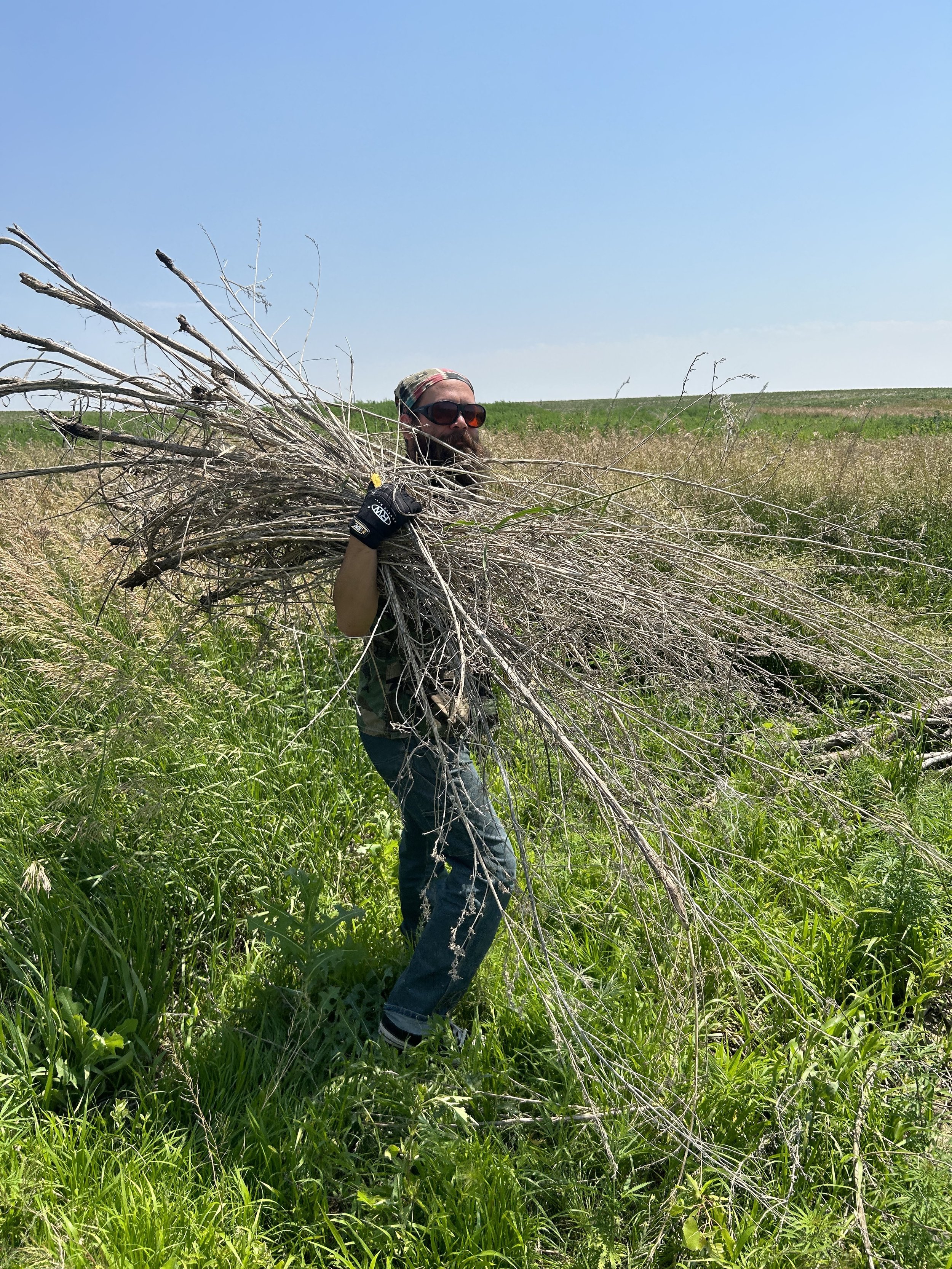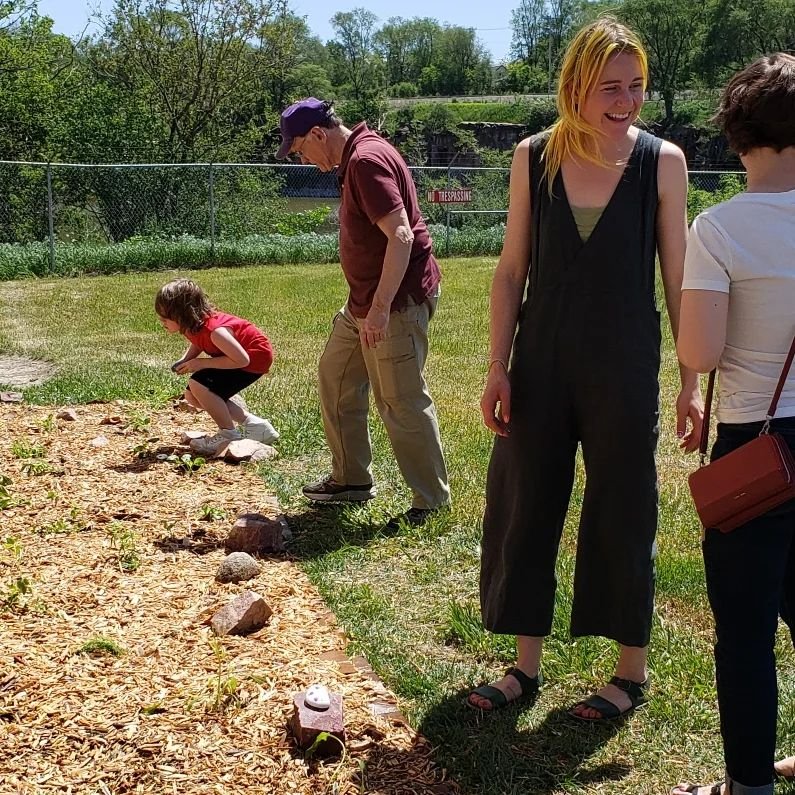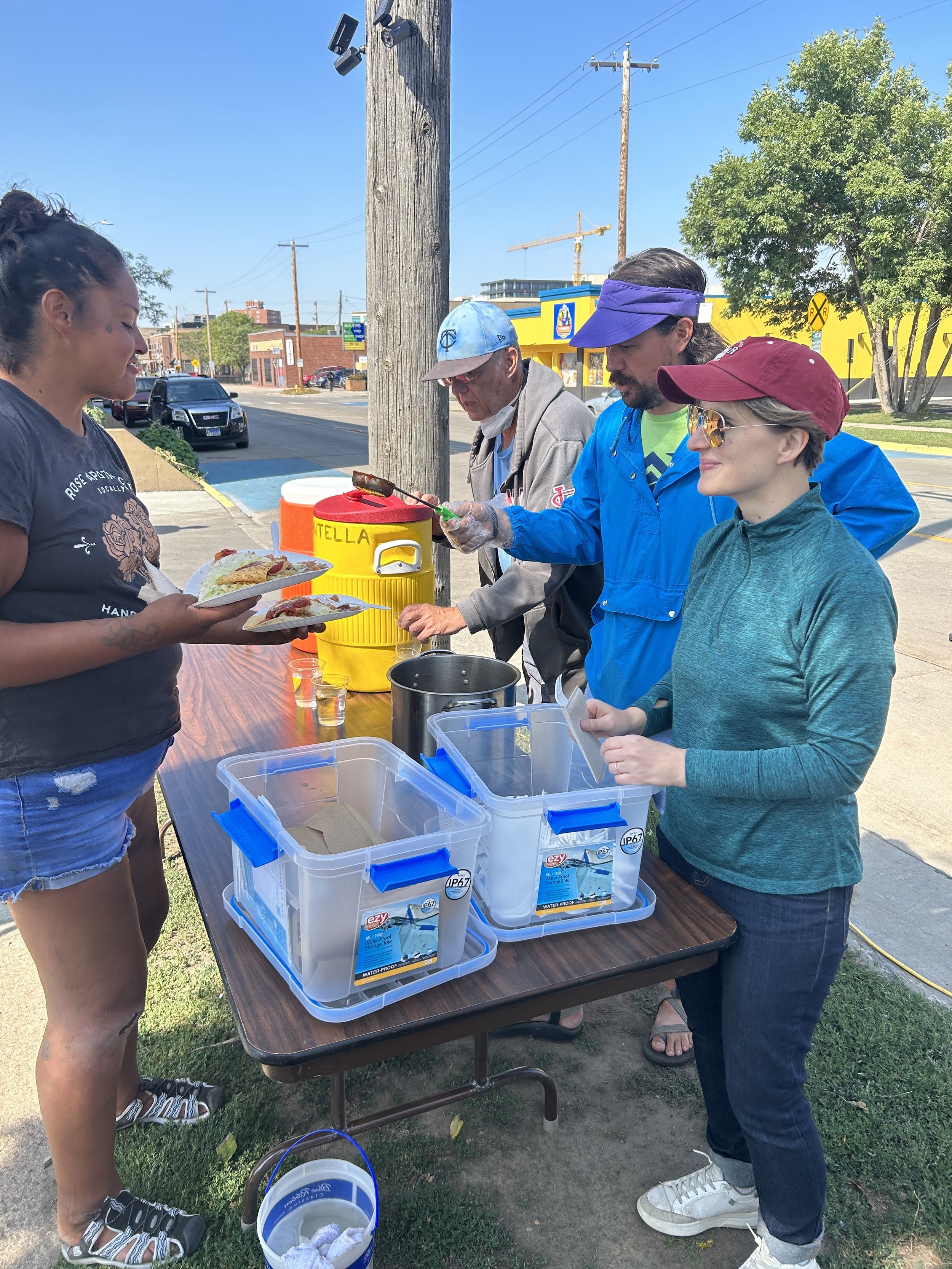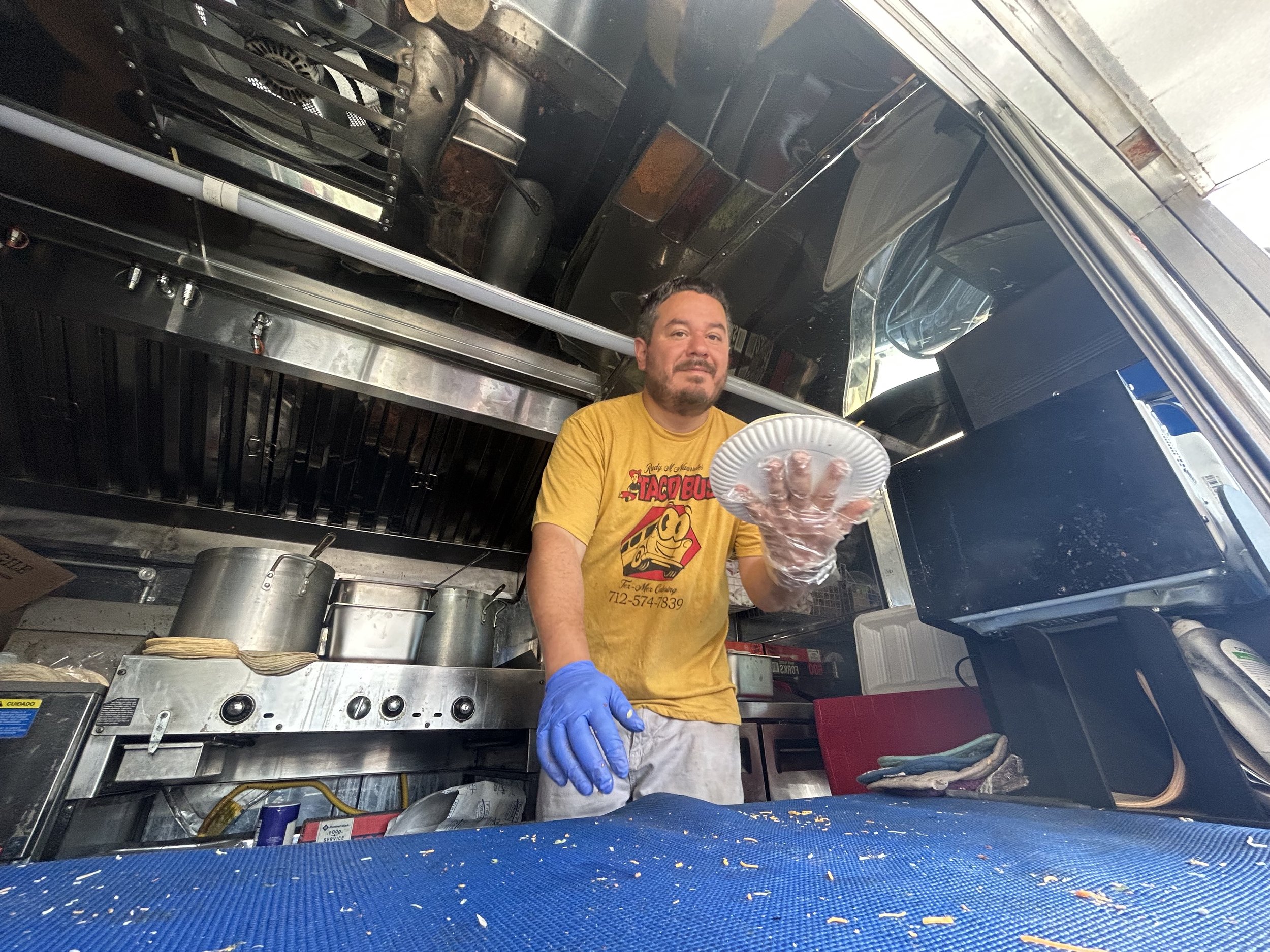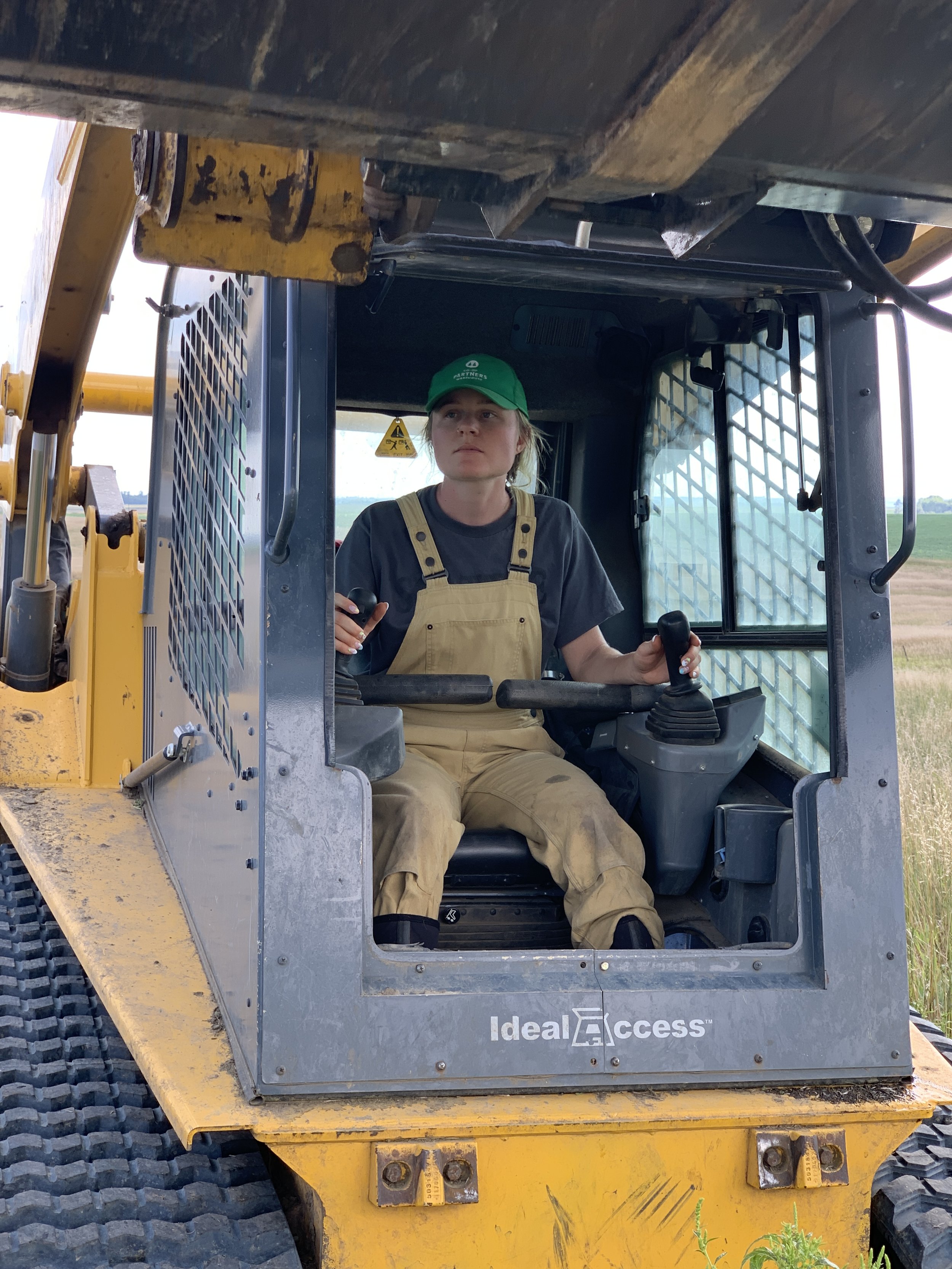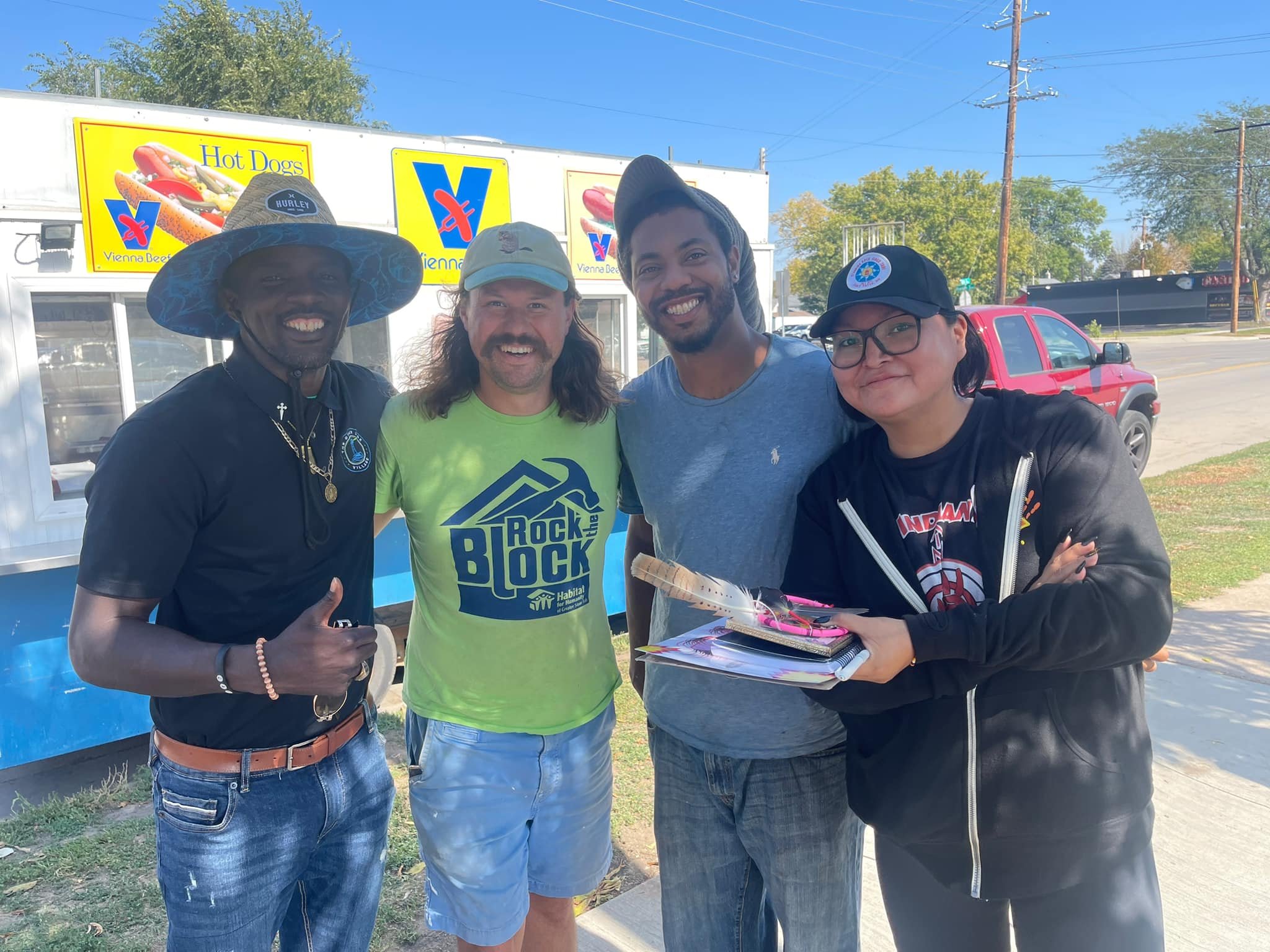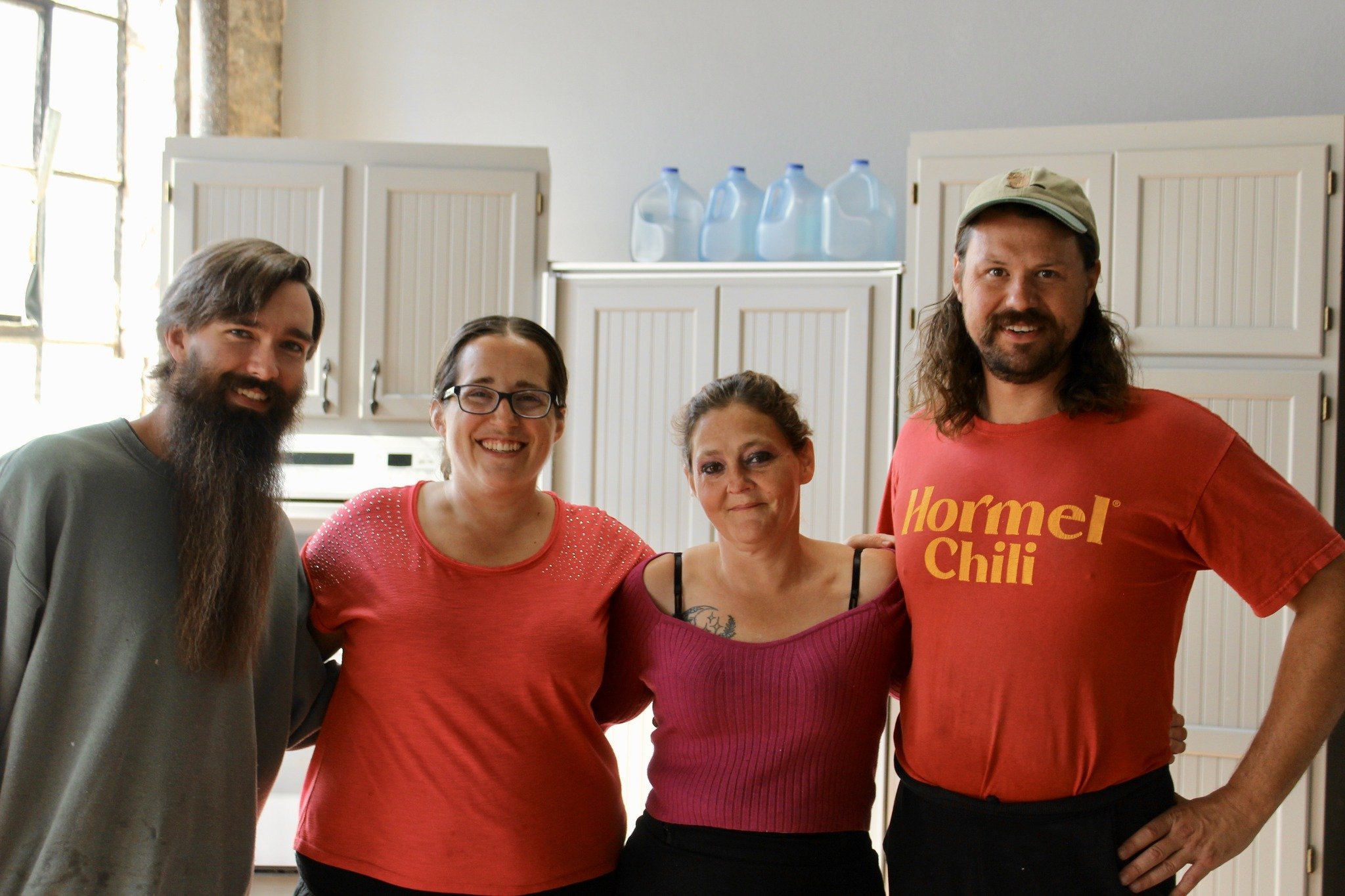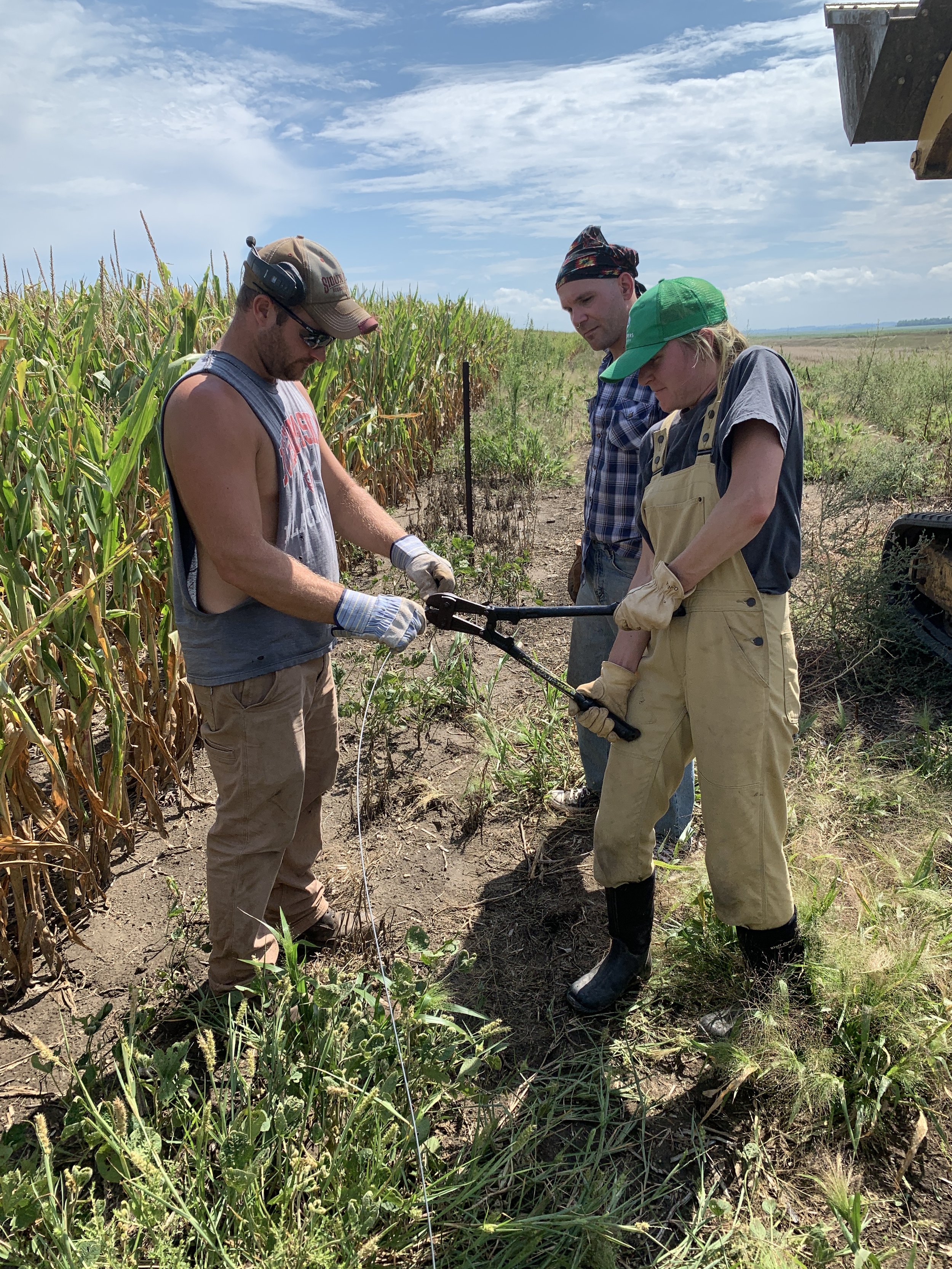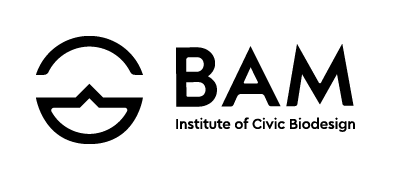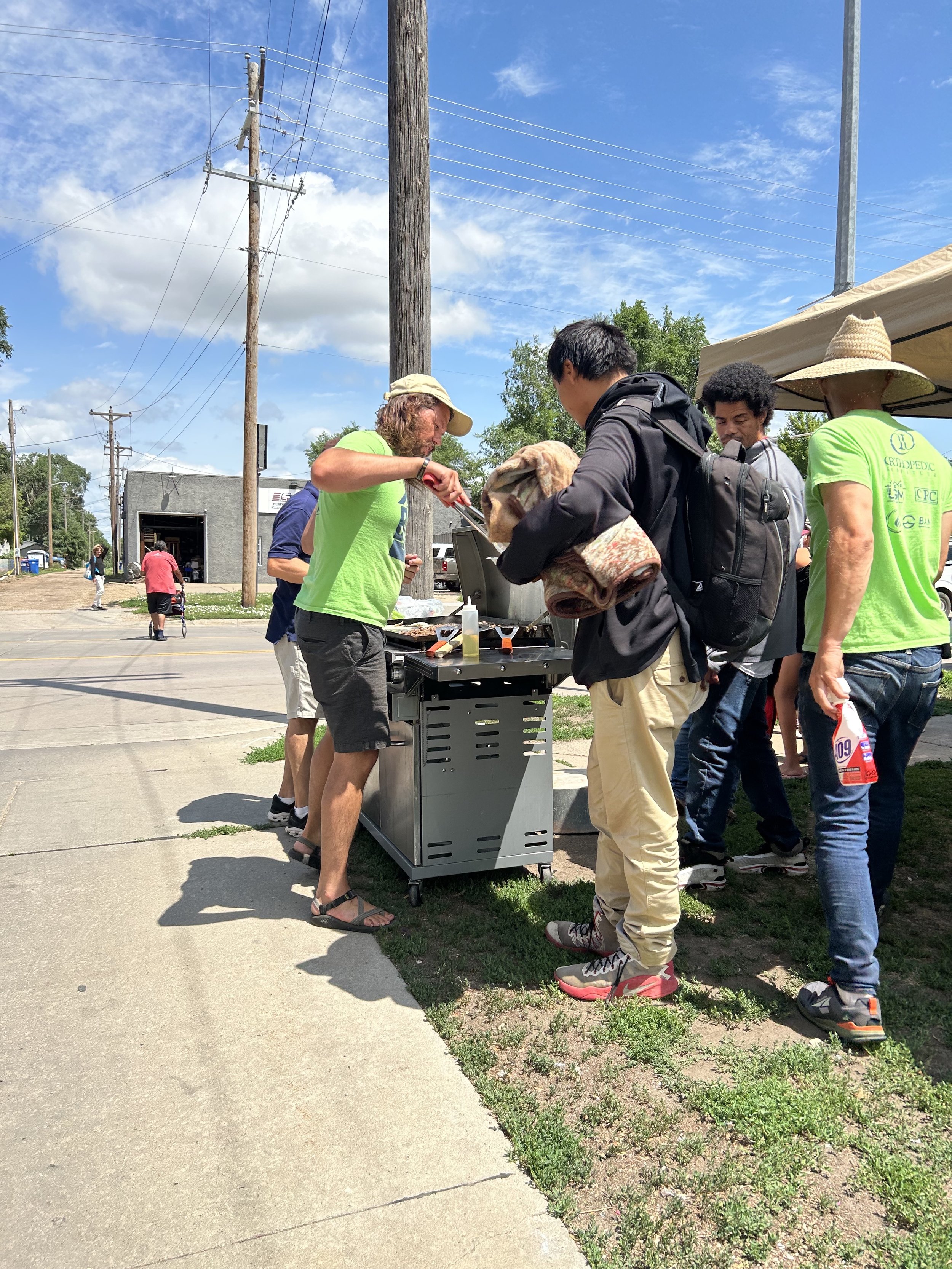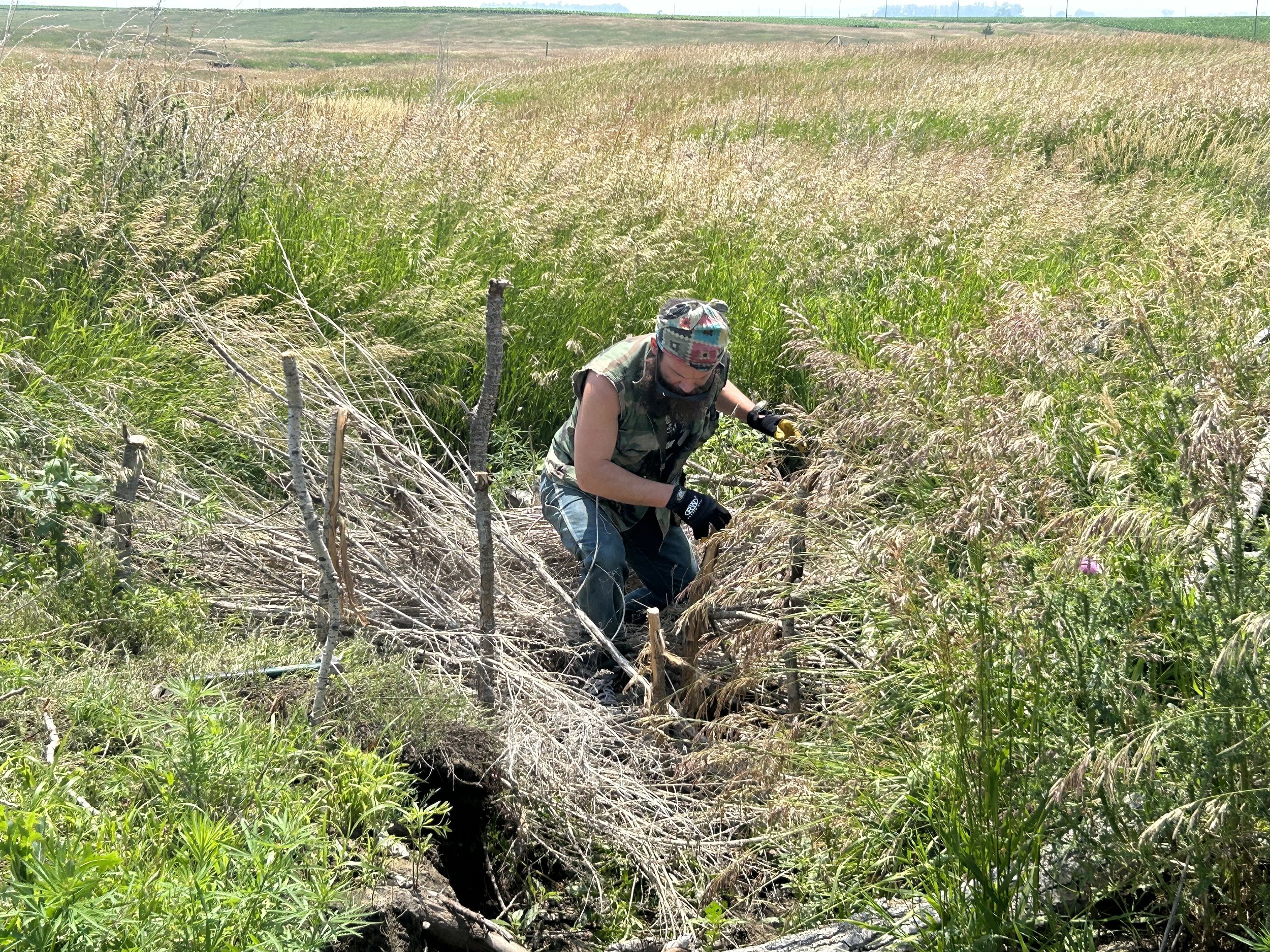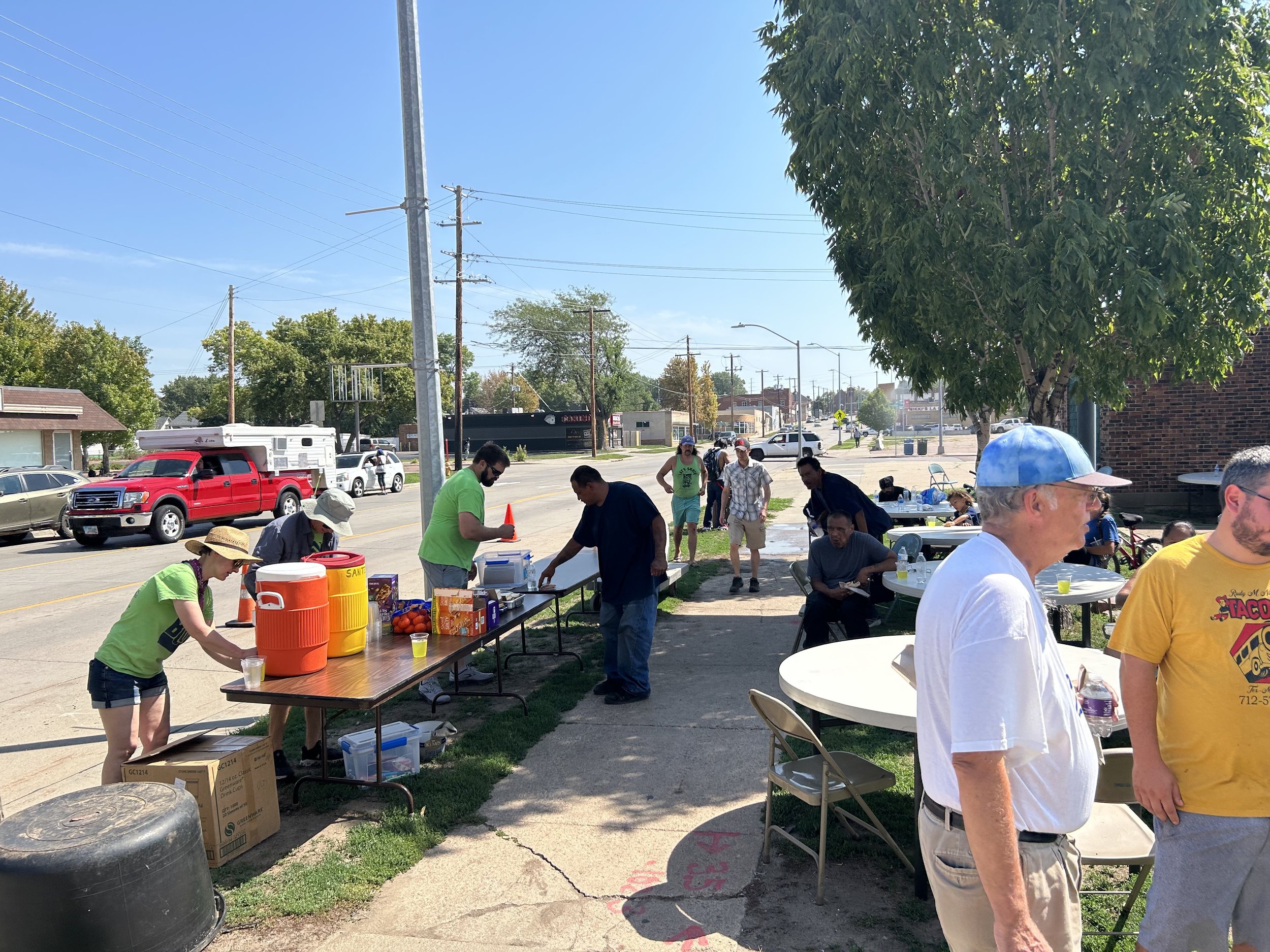
Make a donation. Be a sustainer.
He that plants trees loves others beside himself. – Thomas Fuller
Donation Options
Donate via Venmo at @civicbiodesign
Send a check to: BAM Foundation, 660 S Main Ave, Sioux Falls, SD 57104
OUR GOAL
The goal of the BAM Institute of Civic Biodesign is to be a higher education organization dedicated to raising emergent leaders who deploy whole-system, regenerative strategies through immersive learning in embedded community contexts. Each of these terms requires some unpacking to understand just how different the Institute is.
Emergent. Students become mature humans by daring to practice adaptive, emergent patterns. They iterate; they are free to fail. The school itself embraces rapid iteration as the new normal. The Institute rejects the cult of safety, which shelters students and staff from true growth.
Whole-system. Students are always thinking about the interrelation of things, examining how elements and subsystems influence one another within a whole. The school itself is unabashedly interdisciplinary. The Institute rejects the culture of specialization and silos.
Regenerative. Students engage in projects that look for “the renewable” and develop “the sustainable.” They learn from nature. The institute itself strives to be self-renewing and self-funded. The Institute rejects pedagogies of short-term gain delivered by unsustainable programs.
Immersive. Students learn in real-world environments where education and action become one. Their campus is on the job site, river, backyard – wherever holistic education happens. The institute itself is multi- locational. The Institute rejects abstracted classroom learning.
Embedded. Students tackle projects in their community contexts that help the city and region thrive. Research and solutions, while local, aim to be globally relevant. Students work closely with regional businesses, the government, and their networks. The Institute rejects educational isolation.
Achieving emergent, whole-system, regenerative, immersive, embedded learning is no small vision. To build such a learning culture, the Institute will structure its curriculum according to the emerging practices of three alternative pedagogies:
project-based, in which learning is done through relevant projects in immersive environments
competency-based, in which educational progress is measured in terms of demonstrated proficiency
network-based, in which the learner taps into a personal network for supervision.
Raising up emergent community leaders is at the core of what we do
The BAM Foundation is deeply committed to fostering healthy soil and nurturing healthy communities. At BAM, we understand the intrinsic link between these two endeavors — they are mutually reinforcing, and we believe in the holistic transformation that occurs when we invest in both.
In our bioregion of focus, we find ourselves at the crossroads of two essential areas: investing in people and investing in soil. Our team members are passionately engaged in community-focused projects such as tool libraries and community kitchens, recognizing the profound impact these initiatives can have on the well-being of individuals and neighborhoods. Simultaneously, we are devoted to restoring wetlands and prairies, understanding the critical role healthy soil plays in the broader ecological context.
Our journey began in the pre-pandemic world of late 2019 and early 2020 when we received initial funding to create an alternative graduate school.
In 2022 and 2023, the pivotal role of "project-based learning" in our curriculum became evident through our work on the Community Revitalization Collective. As we approach 2024, we are circling back to focus on curriculum development and student onboarding. This is where your support becomes invaluable, and we invite you to be a key participant in the continued growth of this transformative institution.
At BAM we fundamentally believe that if you invest in local people who have an irrationally persistent passion in their community to improve dysfunctional systems, then communities become a better place from the inside.
FUNDING THROUGHOUT 2020 TO 2025
We exist to…
Raise up emergent leaders who deploy whole-system, regenerative strategies through immersive learning in embedded community contexts.
Because…
The systems are failing. Top-down specialized leadership isn’t working anymore. The world is too complex. Honestly, it always has been. It’s time we met those complexities with appreciative curiosity and a new set of tools.
Here’s how we do it…
Yes, we have lots of technical and complex methods to “raise up emergent leaders.” We also spend tons of time fussing over “whole-system, regenerative strategies.” But if you get down to it we do 2 things.
We teach systems thinking.
Our curriculum at the Institute is 8 modules totally of 2500 hours of study for our students. Every minute of it is spent learning a new system at a different scale and then deploying it in a real community.
We build community resources.
To facilitate all of these hours and various systems we are also in the business of building resources. These resources are then available for our students as incubators, laboratories, and libraries.
Our Partners in 2023
South Dakota Community Foundation Habitat for Humanity of Greater Sioux Falls
Union Gospel Mission
Wesley United Methodist Church
Collision Ministries
Cherry Rock Farms
Blackshire Farms
Caselli’s Market Garden
IronFox Farm
En Place Catering
Rudy Navarrete's Mexican Food
Nikki’s La Mexicana
Windy City Bites
Kidlink
Project Food Forest
Reaves Buildings
WS Construction
Deffenbaugh Homes
Community partners play a pivotal role in the success and impact of the BAM Institute of Civic Biodesign. In our pursuit of fostering regenerative strategies and civic biodesign practices, collaboration with local organizations, businesses, and residents is paramount. These partnerships contribute diverse perspectives, expertise, and resources that enrich the learning experiences and projects undertaken by our students.
By engaging with community partners, the BAM Institute ensures that its initiatives are deeply rooted in the local context, addressing real challenges and opportunities. These collaborations create a dynamic ecosystem where knowledge exchange and collective problem-solving flourish, fostering a sense of shared ownership and responsibility for the well-being of the community.
Furthermore, community partners serve as invaluable mentors, providing students with practical insights and guidance as they navigate complex, real-world projects. The reciprocal nature of these partnerships strengthens the bonds between the BAM Institute and the communities it serves, reinforcing the commitment to mutual growth, sustainability, and the advancement of civic biodesign principles.
